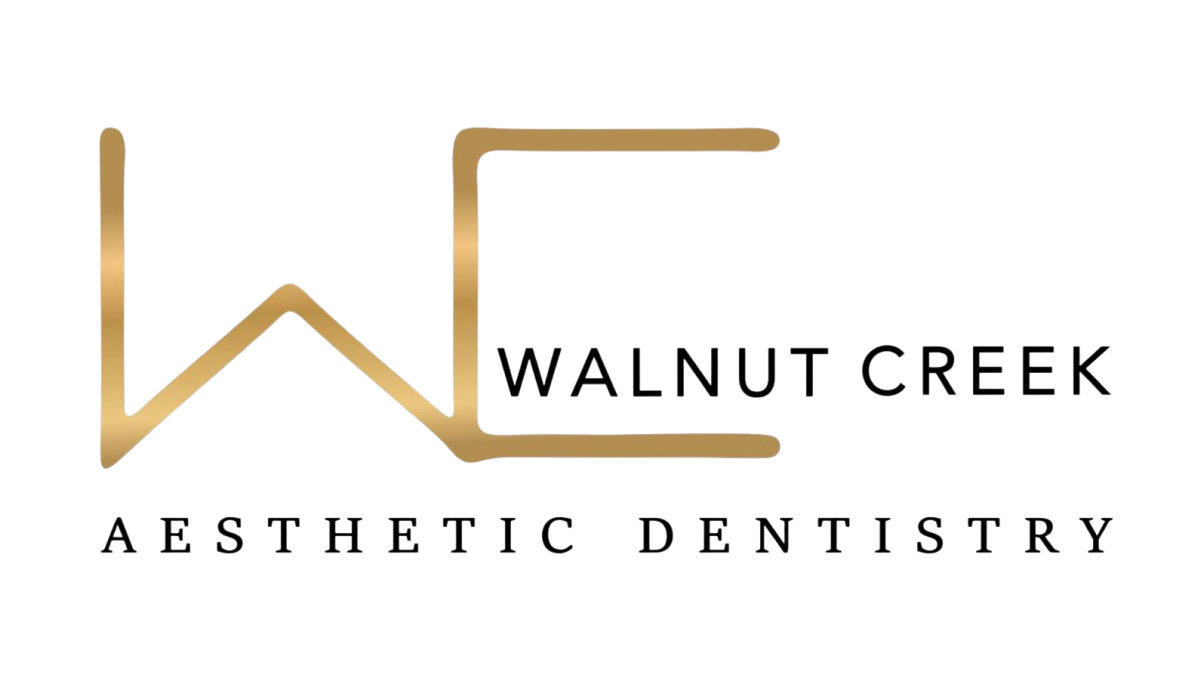
Enamel protects your teeth from daily wear, decay, and sensitivity. It can’t regrow once it’s been damaged. Even most dentists don’t know enamel erosion begins silently. Sensitive teeth, small cavities, and yellowing are the early warning signs.
If you disregard those signals, it may lead to pain and expensive procedures. Surprisingly, food can restore and protect enamel naturally. Technical advice from a Walnut Creek dentist makes this guide reliable and applicable. Knowing what to eat can significantly help preserve your smile for decades.
What Is Tooth Enamel and Why Does It Matter?
Tooth enamel is the outer hard layer of each tooth. It is a shield against bacteria, acid, and the wear and tear of everyday life. Even being the hardest substance in the human body, it does wear away.
The causes of damage are acidic foods, sodas, poor hygiene, and grinding. Lost enamel will not grow back like other tissue. Weak enamel leaves the inner layer of the tooth vulnerable to decay.
Sensitivity to hot, cold, or sweet foods commonly ensues. Enamel care effectively maintains your teeth strong and cavity-free.
A professional dentist in Walnut Creek observes frequent enamel damage from improper eating habits. Make enamel protection part of your routine care.
Nutrients That Protect Enamel
Healthy enamel depends on special nutrients working together.
Calcium
Great sources can be found in cheese, milk, yoghurt, and green leafy greens. Calcium can help re-mineralize and re-grow enamel and strengthen tooth structure. Note that cheese is not only a good source of calcium. It is also acid-neutralizing in your mouth!
Phosphorus
Eggs, fish, lean meats, and legumes are all good sources of this important mineral. Calcium is made more effective in hardening the enamel by phosphorus.
Vitamin D
Salmon, dairy fortified with vitamin D, and sunlight supply vitamin D. It helps the body to absorb calcium efficiently.
Vitamin A
Sweet potatoes, spinach, and carrots also provide high levels of vitamin A that can stimulate saliva production and help maintain enamel.
Fluoride
Fluoride can be naturally present in tap water and certain teas. It adheres to enamel, and that’s what makes an acid-resistant surface stronger.
All dentists will argue that these are the nutrients necessary to sustain long-term oral stability. It’s easier than you think to grow enamel through food.
Enamel-Friendly Foods to Add to Your Diet
Some foods provide double benefits: nutrition and cleaning action. A qualified dentist often suggests the following smile-friendly foods:
Cheese: Balances pH and provides calcium in each bite.
Yogurt: Contains calcium and good bacteria.
Leafy greens: Low in acid, high in calcium, and folate.
Almonds: Add crunch and calcium.
Salmon: Full of vitamin D and omega-3s.
Green Tea: Contains fluoride and dssome antioxidant to keep the plague on the visit.
Carrots and apples: They stimulate saliva and clean teeth.
Adding these to meals makes the mouth and overall health better. A professional dentist recommends food-based dental protection.
How to Add These Foods to Your Daily Routine?
Busy schedules can make healthy eating an impossibility. However, small, planned changes can result in long-term enamel benefits.
Snack Ideas
- String cheese and apple slices.
- Greek yogurt with almonds.
- Baby carrots with hummus.
Meal Prep Tips
- Spinach in smoothies or scrambled eggs.
- Bake salmon weekly and store in the fridge for easy lunches.
- Keep hard-boiled eggs on hand for protein-rich snacks.
Pairing Nutrients for Enhanced Effectiveness
- Combine salmon (vitamin D) with cheese (calcium).
- Enjoy fortified cereal with almond milk.
- Pair leafy greens with roasted sweet potatoes and carrots.
Dentists know that consistency trumps perfection. You should eat foods that strengthen enamel daily to see an improvement.
Enamel is essential for a healthy, pain-free smile. There are foods that will strengthen, protect, and even grow back thin enamel. Calcium, phosphorus, vitamins, and fluoride are all on the team.
An adept dentist suggests a food-first approach to prevention. Small changes to your diet will make a huge difference in the long run.
Try one enamel-safe food this week and add more gradually. Protecting your enamel early on avoids dental issues later on. Eat smart, smile bright, and visit us regularly.


